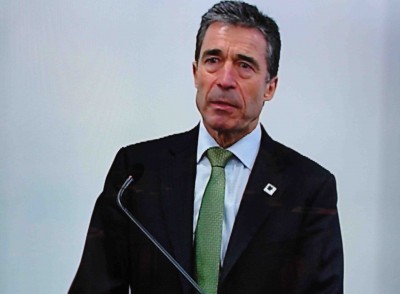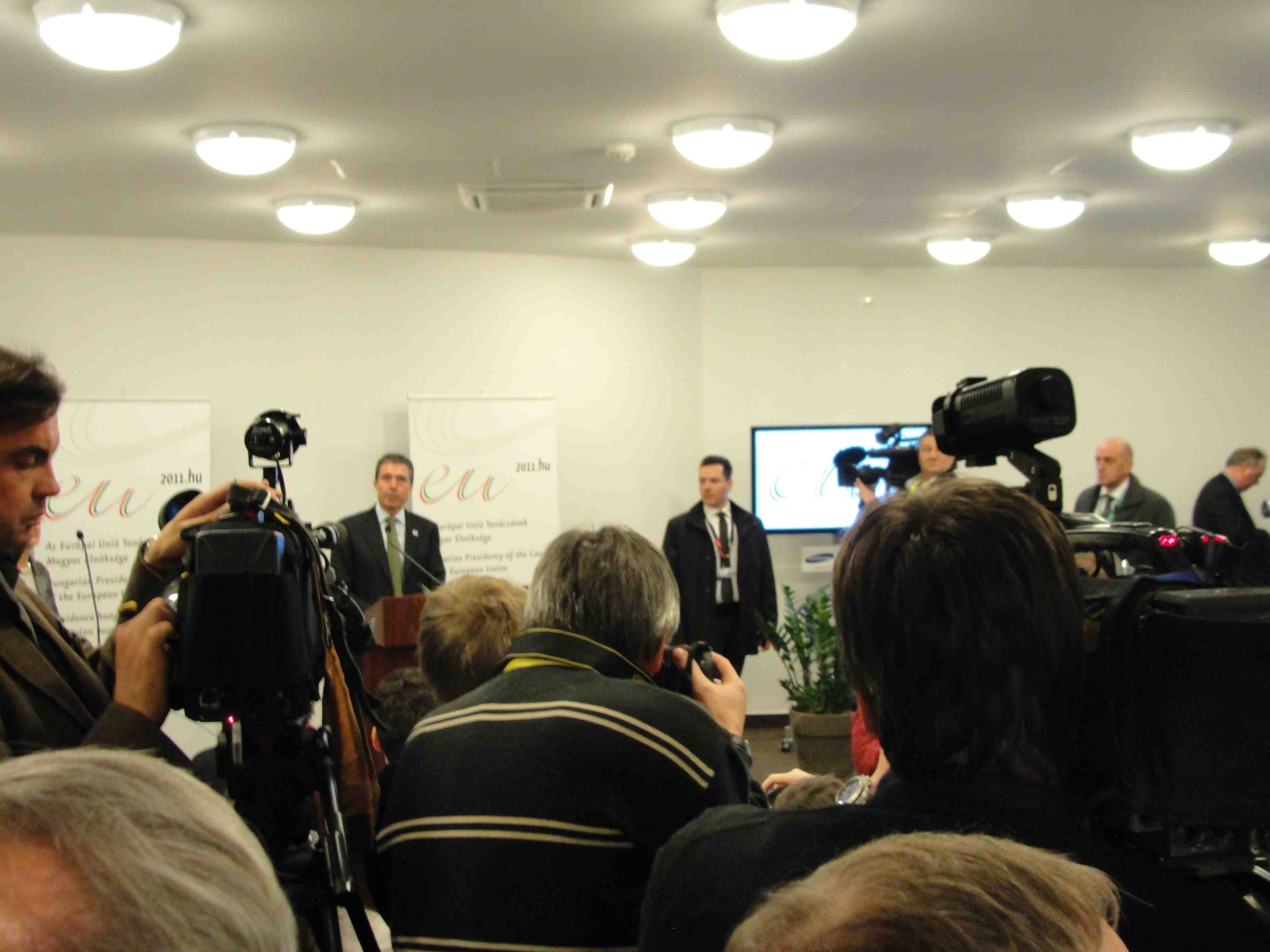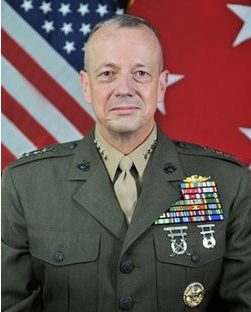Libyan conflict. NATO enters the dance and burns politeness to the EU. My God!

(BUDAPEST/GODOLLO) It's usual. In Sweden, it would be called "sex by surprise" (:-) But it's all in all a bit childish given the dramatic circumstances in Libya. NATO Secretary General Anders Fogh Rasmussen summoned the press at dawn to announce " an emergency meeting today of the North Atlantic Council (member states' ambassadors to the Alliance) to discuss Libya”. And to add - on his twitter feed - " The situation in Libya is of great concern. NATO can act as an actor and a coordinator if its member states want to take action ».
At 10 am, just before the final press conference of the meeting, he repeated his message and clarified it. " We discussed with EU defense ministers how to contain this phenomenon in a pragmatic way. This is a concrete example of the need for cooperation between NATO and the EU (...) The priority is to evacuate people in need and provide humanitarian assistance. We are studying all possible options. We have tools to ensure this coordination. ».
A turnaround 180°
This constitutes a 180° doctrinal reversal, in barely 24 hours. In kyiv on Thursday, Rasmussen explained that the situation in Libya "a direct threat to NATO or its allies. But of course there can be negative repercussions", such as the exodus of refugees to neighboring countries. And he pointed out that "NATO had no intention of intervening".
It is also a personal low blow to Cathy Ashton, the EU's chief diplomat, with whom the NATO Secretary General had an appointment in the morning (short appointment of a few minutes ). A High Representative who didn't really need that today when she is under increasing fire of criticism.
But this low blow has a strong political resonance. Rasmussen does not appear to have acted on his own initiative. Several states such as Turkey or the United Kingdom seem to have pushed for this initiative, each for different reasons (France's position does not seem clear).
Great art of communication

In doing so, the Secretary General is grilling the politeness of the Europeans. The EU announced several days ago the establishment of a coordination of civil and military resources for the evacuation of European citizens (and others from Libya). Coordination that works, even if it remains discreet. Around 1500 people have already been repatriated. EU humanitarian aid, which has an incomparable tool (ECHO), has also set in motion with the dispatch of experts on the ground to the Egyptian and Tunisian border.
What more can NATO do?
NATO surely cannot provide humanitarian aid (it would be a serious confusion of genres). And for the evacuation, the Europeans cannot deploy more means except to repeat the waltz started during the anti-piracy operations, a blow on one side, a blow on the other. On the other hand, there remain the American and especially Turkish means (the problem of NATO-EU relations continues). Above all, NATO can provide its "command post" for military operations, which is particularly useful if we are heading towards an arms embargo or a no-fly zone. But it is not forbidden to think that, like the operations of the 1990s in the Adriatic in particular, this operation could also be coordinated by the Europeans.
Comments : This method of communication is deplorable. It constitutes a serious malfunction and leaves an unpleasant impression of competition between two "sister" organisations. Which, given the gravity of the crisis in Libya, seems totally indecent. There is indeed a need for consultation between the different European and Western structures. But not in that childish way. A joint NATO-EU announcement would have been a strong political sign, against the Libyan government as well as for European public opinion, which calls for a decisive political gesture and no longer simple declarations of intent.


